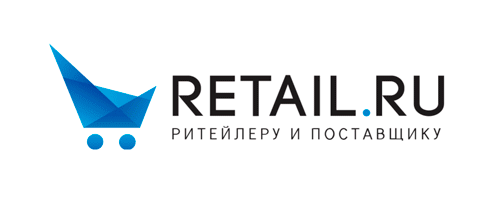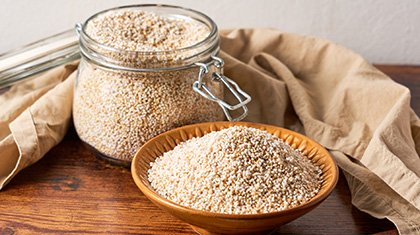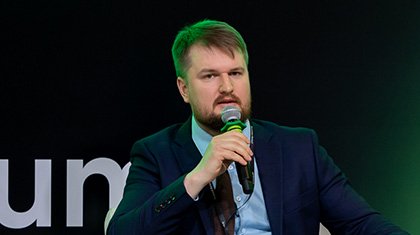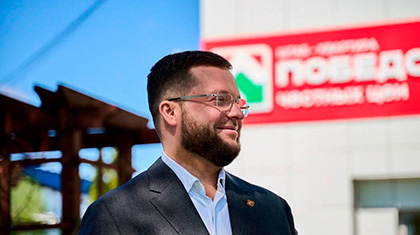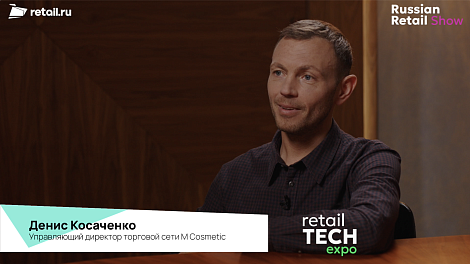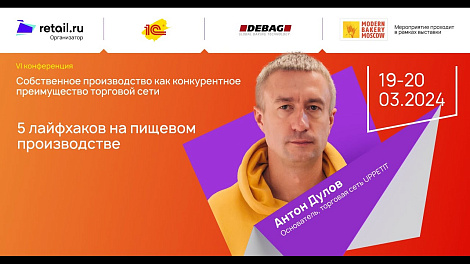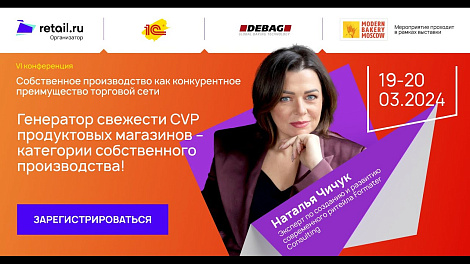National alcohol demand will be slashed in two phases, by 15 percent between 2010 and 2012 and by another 55 percent between 2013 and 2020, according to the government’s anti-alcohol strategy.
The 12-page document was signed by Prime Minister Vladimir Putin on Dec. 30 and published on the government's web site the same day, yet it went largely unnoticed until being picked up by the national media this week.
Health advocates voiced doubt on whether the goal was realistic and if there was enough political will to solve the country’s drinking problem, pointing to the alcohol industry’s vested interests and widespread illegal vodka production and distribution.
While the strategy is in many respects vague, it does explicitly target the black market, saying the main hurtle to achieve its goal was to eliminate illegal alcohol during the second phase.
The document says per capita consumption of pure alcohol has almost doubled from 5.4 liters in the early 1990s to 10 liters in 2008. The authors say that if black market production is included, today’s per capita consumption of pure alcohol would be about 18 liters, more than double the 8.5 liters that are consumed in the United States.
The paper argues that the rise was possible because of a lack of a coherent government policy. They point to the fact that between 1914 and 1917 Russians consumed only 0.83 liters per capita.
During those years, a ban on alcohol introduced by Tsar Nicholas II was in force.
Russians’ infamous vodka-drinking habits are widely blamed for the country’s dismal health statistics. The average life expectancy for men at birth has only recently climbed over the 60-year threshold, and is still among the lowest in industrialized countries. Official data show that at least 2 million Russians are alcoholics and some 100,000 deaths annually are blamed on alcohol consumption.
Health advocates also say the effects of alcohol are all the more devastating in Russia because most of it is consumed as spirits and not as wine and beer like in Western countries.
Since taking office in 2008, Medvedev has vowed to improve the situation. Last summer, he described alcoholism as a “national disaster” that undermines public health and hampers the economy, urging the public to unite in fighting against it.
The government’s anti-alcohol strategy comes after Medvedev set a three-month deadline in September to get tough on alcohol abuse.
The government announced in December that new labels on beer, wine and liquor would warn buyers in large print about the dangers of drinking. On Jan. 1, it raised the minimum price for vodka to 89 rubles ($3) per 0.5 liter.
Officials are also weighing the pros and cons of creating a state-run monopoly on the country’s $52 billion alcohol market.
The latest plans won praise from state-sanctioned vodka producers. Dmitry Dobrov, a spokesman for the state-owned Rosspirtprom holding, which oversees about 40 percent of that market and more than 100 distilleries, said the measures were positive and the achievement of its goals realistic.
“It is first and foremost illegal production that we want to get rid of,” he told The Moscow Times.
Dobrov said the black market’s size could partly be guessed by measuring the gap between official vodka production, which was 1.2 billion liters in 2008, and official sales, which amounted to 1.77 billion liters the same year.
He also argued that bootlegged vodka poised greater health risks because of the use of surrogates not meant for human consumption.
But Kirill Danishevsky, a lead consultant at the Open Health Institute, said reducing alcohol consumption would be extremely difficult because of huge profits gained by producing spirits. To produce a bottle of vodka usually costs 10 rubles, he explained.
A first step, he said, would be to curb the production of drinking alcohol. “There are about 500 factories that make ethanol, and there is no way to control them,” he said.
Danishevsky said about half of that ethanol output is sold to people or organizations producing vodka illegally.
Another step, he said, would be to raise the price for alcohol sold as vodka to the same level as alcohol sold as beer.
“Today it is seven to 10 times more expensive to get drunk on beer than on vodka,” he explained.
But he said he doubted that there was enough political will for that, citing the industry’s powerful lobbying system.
By Nikolaus von Twickel
